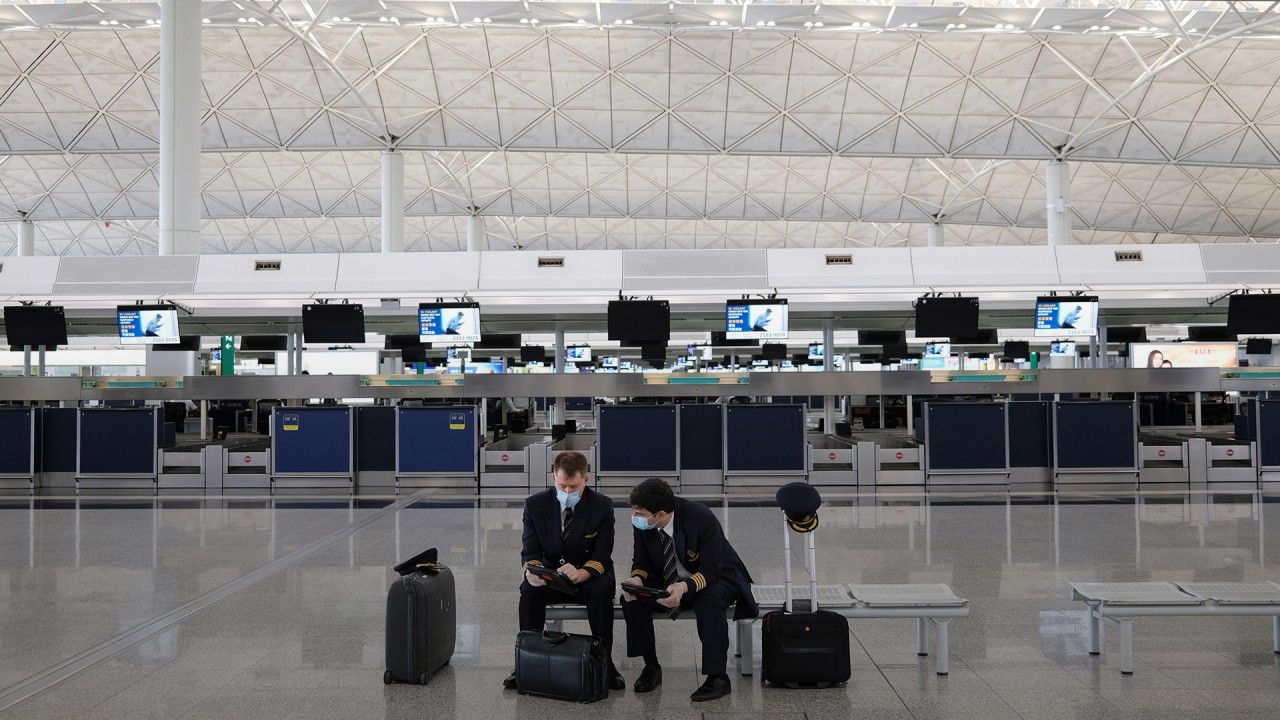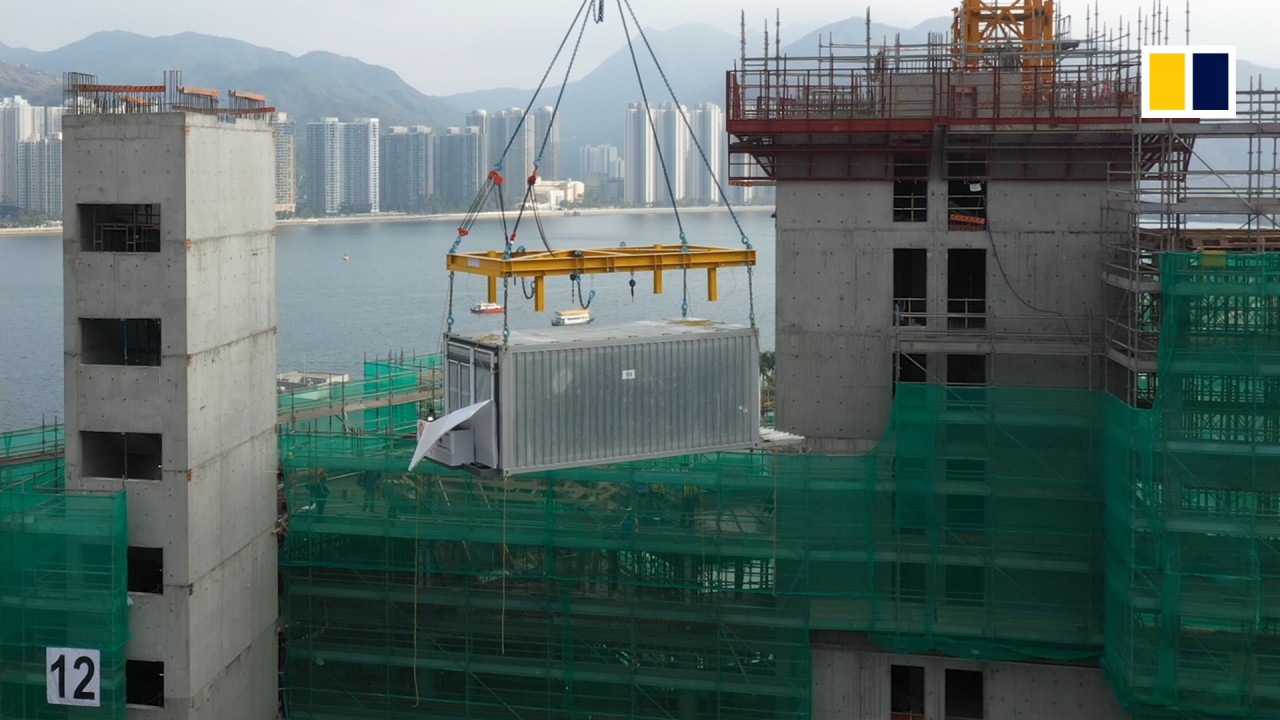
When Hong Kong’s lawmakers can’t get their own house in order, no wonder Beijing is stepping in
- Toxic politics has crippled Hong Kong. While Beijing officials act with lightning speed on important legislative work in the shape of a new national security law, we cannot even enact a waste disposal charge, vacancy tax on property or an extension to maternity leave
It was only on May 28 that the National People’s Congress approved a last-minute resolution for its Standing Committee to do what the Hong Kong government was supposed to do. The breakneck speed at which the legislative work has been carried out for something of paramount importance is truly incredible.
The citywide public signature drive in support of the legislation returned almost 3 million signatures in just eight days – amid the Covid-19 pandemic, no less. That is extraordinary, too, and makes one wonder why Article 23 was such a big deal back in 2003. To think, national security legislation was once considered such a liability that everyone stayed away.
Chief Executive Carrie Lam Cheng Yuet-ngor announced the plan in May and some work has apparently been done, but it has yet to yield any results.

03:07
When can we travel? Hong Kong companies aim to get Asia’s tourists safely moving amid pandemic
It proves once again that where there is enough will, there is a way, no matter how seemingly insurmountable the challenges.
While we watch, from a distance, Beijing lawmakers working at lightning speed to get the job done, we have witnessed the opposite here at home: legislators shelving another bill.
Ignoring their constitutional duty, lawmakers and the government barely put up a fight, conveniently allowing developers to continue their stockpiling without penalty. As restaurants, shops and kindergartens are forced out by huge rent increases even amid the extraordinary disruptions brought on by Covid-19, developers and landlords still get all the breaks.

02:08
Prefabricated flats quickly take shape in Hong Kong as city tries out new construction technique
As we prepare to commemorate the 23rd anniversary of the handover, there is little to celebrate. While laments over the inefficiencies of democratic systems are nothing new, toxic politics has taken over and crippled our government and legislature, undermining one country, two systems.
When extending maternity leave to 14 weeks cannot even be guaranteed, when ordinary people are not protected from property developers’ blatant manipulation of the housing supply to keep home prices soaring and when more than a decade’s worth of public resources are tossed out like rubbish, we are inviting Beijing to step in.
Alice Wu is a political consultant and a former associate director of the Asia Pacific Media Network at UCLA

